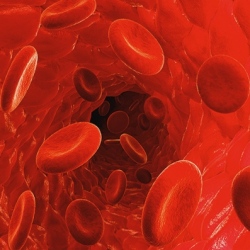
Nearly 700 million cases of malaria have been prevented in Africa as a result of concerted efforts to tackle the disease since 2000, a study shows. The report published in the journal Nature showed that overall the number of infections fell by 50% across the continent. Bed nets were responsible for the vast majority of the decrease.
There have also been calls to maintain funding to ensure the progress is not undone. Meanwhile, a report by the World Health Organization (WHO) and the charity Unicef say malaria death rates have fallen 60% globally since 2000 and more than six million lives have been saved.
The report said 13 countries that had malaria in 2000 reported no cases in 2014 while a further six countries had fewer than ten cases. However, Africa still accounts from 80% of cases and 78% of deaths. Dr Margaret Chan, the director general of the WHO, said: "Global malaria control is one of the great public health success stories of the past 15 years.
"It’s a sign that our strategies are on target, and that we can beat this ancient killer, which still claims hundreds of thousands of lives, mostly children, each year." The executive director of Unicef, Anthony Lake, argued: "We know how to prevent and treat malaria. Since we can do it, we must."
The researchers from the University of Oxford analysed data from 30,000 sites in sub-Saharan Africa to estimate that 663 million cases were prevented over the past 15 years.
68% of the reduction was down to the distribution of a billion insecticide-treated bed nets
22% was attributed to the treatment artemisinin
10% to spraying homes with insecticide
One of the researchers, Dr Samir Bhatt, told the BBC News website: "It’s just phenomenal. "Just by putting in these interventions you’ve managed to save all these cases, 700 million is a huge number and that’s the reality of what happened and that’s why it’s such an optimistic message."
